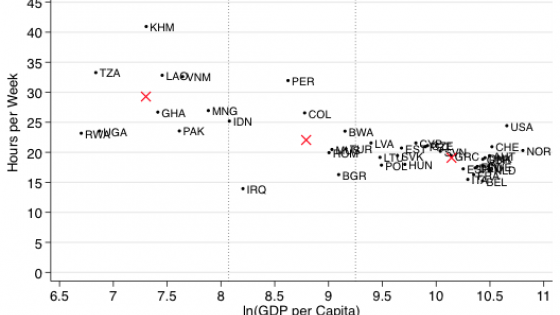First posted on:
The Enlightened Economist, 23 July 2018
I’ve been much taken with Consumption Takes Time: Implications for Economic Theory by Ian Steedman, published in 2001 based on his Graz Schumpeter lectures. Prior to reading it, I was aware only of Becker’s famous 1965 paper (which I cite in my forthcoming paper on the implications of digital technologies for the production boundary) and of Jonathan Gershuny’s As Time Goes By, and his work on time use surveys.
Steedman works through basic microeconomic theory when a time identity (all time must be used up) and the fact that consumption takes time are included. The results are rather sweeping. Non-satiation fails for obvious reasons. There are always inferior goods – in fact, always Giffen goods and Veblen goods. Small price changes can lead to discontinuously large quantity changes. The existence of a general equilibrium is not clear.
Although Becker’s paper is often cited, time to produce (his focus) and time to consume are not taken seriously in economic theory. They should be, and all the more so in a services-intensive economy where technology is above all reallocating people’s time use and making some services far more efficient (albeit in a way we never measure).
Why this lacuna? I’d guess it’s because the analytics are complicated and there’s no data (absent proper time use surveys). Not a good enough excuse. Economies exist in time and space – and so do economic agents.



